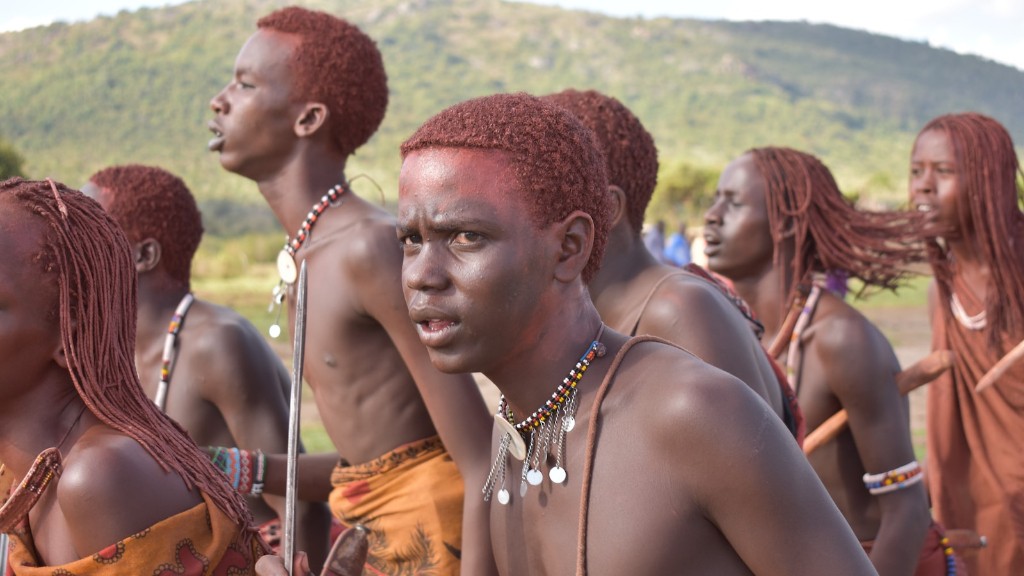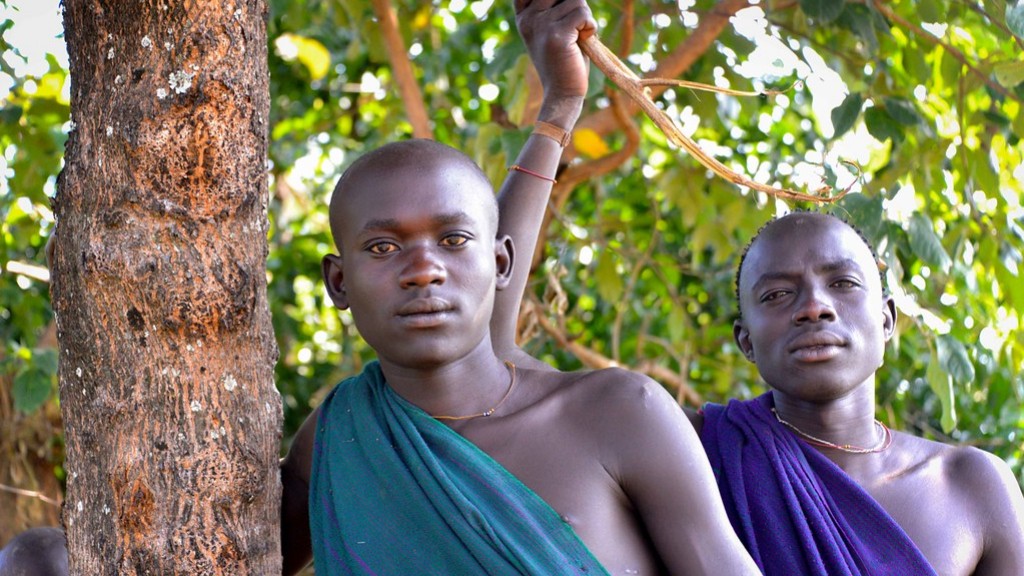The Bantu-Speaking Tribes of South Africa: An Ethnographic Survey
The Bantu-speaking tribes are indigenous ethnic groups found in various parts of sub-Saharan Africa, including South Africa. This ethnographic survey focuses on the Bantu-speaking tribes of South Africa, providing valuable insight into their culture, history, and way of life.
The Bantu-speaking tribes are known for their rich cultural heritage and diverse linguistic traditions. The term “Bantu” refers to a linguistic label rather than a specific ethnic group, encompassing several distinct tribes such as the Zulu, Xhosa, Sotho, and Tswana.
These tribes have a long history in the region, with evidence of human occupation dating back thousands of years. Their migration and settlement patterns have shaped the cultural landscape of South Africa, leaving a lasting impact on its society.
Anthropologists and historians have studied the Bantu-speaking tribes extensively to understand their socio-cultural dynamics. These studies have shed light on their traditional belief systems, social structures, economic activities, and political organizations.
One particular aspect of interest is the oral tradition and storytelling practices within these tribes. The transmission of knowledge, history, and cultural values occurs through oral narratives passed down from one generation to another. This oral tradition plays a vital role in preserving and perpetuating their heritage.
Moreover, the Bantu-speaking tribes have made significant contributions to South African music, dance, and art. Their vibrant performances and unique artistic expressions have captivated audiences around the world, showcasing the richness and diversity of their cultural traditions.
In recent times, the Bantu-speaking tribes of South Africa have faced various challenges, including the loss of linguistic diversity, urbanization, and cultural assimilation. Efforts are being made to preserve their languages, customs, and traditions, as they are an integral part of the country’s identity and heritage.
Understanding and appreciating the Bantu-speaking tribes of South Africa not only helps us grasp the complexities of this diverse country but also fosters a sense of cultural empathy and inclusivity.
The Zulu Tribe
The Zulu tribe, the largest ethnic group in South Africa, has a proud history and cultural heritage. They reside primarily in the KwaZulu-Natal Province and are known for their warrior traditions and rich folklore.
One of the most famous Zulu leaders was King Shaka, who played a significant role in consolidating the Zulu tribes into a powerful kingdom during the early 19th century. His innovative military strategies and organizational reforms left a lasting impact on Zulu society.
The Zulu people have a deep-rooted belief in ancestral spirits and maintain a close relationship with their ancestors. Rituals and ceremonies are an essential part of their lives, serving as a means to honor and communicate with the spirit world.
The traditional Zulu attire, characterized by vibrant colors and intricate beadwork, is another aspect of their rich cultural heritage. These clothing traditions, along with their traditional dances and music, contribute to the distinctive identity of the Zulu tribe.
Today, the Zulu people face challenges in preserving their customs and traditions due to modern influences and societal changes. However, efforts are underway to promote cultural education and revitalize their heritage, ensuring the continuation of their unique identity.
The Xhosa Tribe
The Xhosa tribe is another prominent Bantu-speaking ethnic group in South Africa, primarily residing in the Eastern Cape Province. Their history and cultural practices are deeply intertwined with the struggle against colonialism and apartheid.
Notable Xhosa leaders, such as Nelson Mandela and Thabo Mbeki, played crucial roles in South Africa’s fight for freedom and democracy. Their legacy remains an important part of Xhosa identity and inspires younger generations.
The Xhosa people have a rich oral tradition, with storytelling playing a significant role in the preservation of their history and cultural values. The famous Xhosa initiation ceremony, known as “ulwaluko,” marks the transition from boyhood to manhood and is a symbol of Xhosa pride and masculinity.
Traditional Xhosa attire, including the iconic beadwork and the distinctive “iintshuma” headscarves worn by women, reflect their vibrant cultural expressions. Xhosa music, dance, and arts are known for their energetic performances and unique rhythmic patterns.
While the Xhosa people have made remarkable progress in various fields, challenges such as poverty, unemployment, and social inequality continue to affect their communities. Empowering and uplifting Xhosa communities remains a vital step towards a more inclusive South Africa.
The Sotho Tribe
The Sotho tribe, also known as Basotho, primarily inhabits the Free State and Lesotho regions of South Africa. They have a rich cultural heritage characterized by their unique language, Sesotho, and traditional customs.
The Basotho people are renowned for their craftsmanship, particularly in pottery and textile production. Their beautifully woven blankets and intricately designed pottery reflect their cultural pride and artistic skills.
A significant cultural event for the Sotho people is the “Morija Arts and Cultural Festival,” which celebrates traditional music, dance, poetry, and storytelling. This festival brings together Basotho communities and offers a platform for artistic expression and cultural exchange.
Despite facing challenges such as poverty and limited economic opportunities, the Sotho people have made notable contributions to various sectors, including academia, politics, and the arts. Their resilience and determination are evident in their efforts to preserve and promote Basotho cultural heritage.
The Tswana Tribe
The Tswana tribe, also known as Batswana, resides mainly in the North West Province and Botswana. They have a rich history, known for their early interactions with European colonizers and the impact of Christian missionaries.
Traditional Tswana society was based on a hierarchical social structure, with chiefs holding significant power and authority. This system was disrupted during the colonial era but continues to influence Tswana communities’ cultural practices and governance systems.
Tswana art is characterized by its intricate woodcarvings, basket weaving, and pottery. These artistic expressions play an essential role in preserving their cultural heritage and are often passed down through generations.
Music and dance are integral to Tswana cultural celebrations and ceremonies. Traditional songs and dance movements carry deep meanings, serving as platforms for storytelling and community bonding.
Despite the challenges posed by modernization and globalization, the Tswana people strive to maintain their unique cultural identity and traditions. Education and cultural initiatives play a crucial role in ensuring the preservation and appreciation of Tswana heritage.





